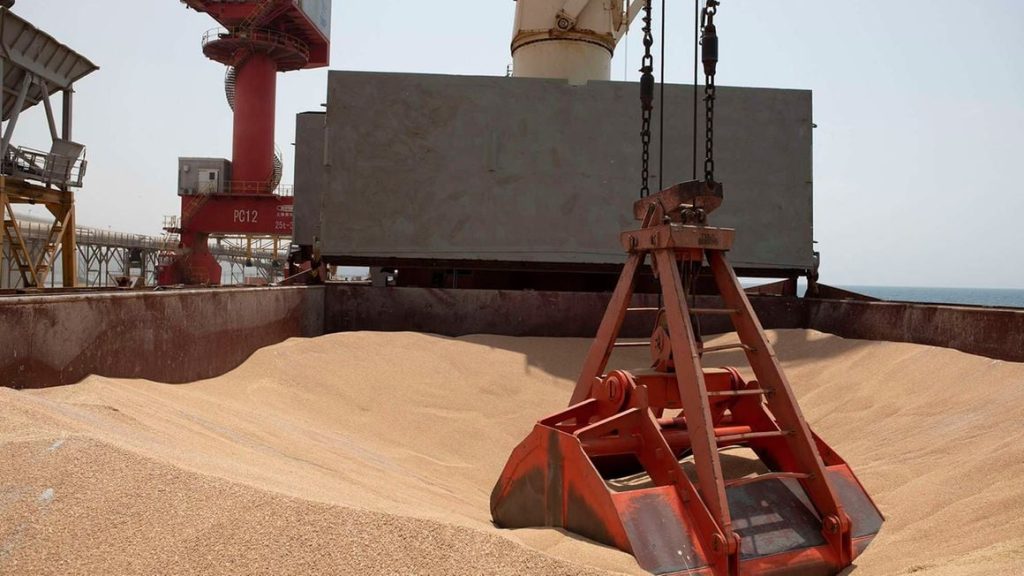High tariffs on agricultural products within Africa are hampering trade between African countries, pushing them to import food from regions like Europe, America, and Asia. This is a pressing issue given that the continent needs to feed an estimated 2.2 billion people by 2050 while also addressing an annual food import bill of $60 to $80 billion.
Wamkele Mene, the Secretary-General of the African Continental Free Trade Area (AfCFTA), recently highlighted at the Africa Food Systems Forum 2024 in Kigali that Africa imports over $100 million worth of food annually, including rice, maize, soya, and various grains. He pointed out that intra-African trade faces tariffs as high as 65% on agricultural products, making it more costly for African countries to trade food with each other than with other regions of the world.
For example, Mene noted that despite wheat surpluses in countries like Zimbabwe and Ethiopia, Africa continues to import wheat from places like Ukraine. He stressed the need for African nations to reduce these prohibitive tariffs, which he sees as the primary obstacle to improving trade in essential food products between African nations.
Agriculture is a critical sector for sub-Saharan Africa, providing income for many and contributing around 15% to the region’s GDP. However, nearly 278 million people on the continent face severe food insecurity, a problem exacerbated by local trade barriers that hinder the movement of food from surplus areas to regions with higher demand.
The challenges highlighted at the Kigali forum include low agricultural productivity, poor infrastructure, and the lack of storage facilities that make transporting surplus food difficult. The absence of efficient post-harvest storage solutions and poor transportation networks has worsened food shortages, which are pushing millions into hunger.
The 2024 Africa Agriculture Status Report (AASR24) revealed that climate change, poverty, conflict, and instability have collectively intensified hunger on the continent. According to the United Nations Deputy Secretary-General Amina J. Mohammed, about 280 million people in Africa are undernourished, with that number having grown significantly due to the impact of the COVID-19 pandemic.
There is a glimmer of hope, as James Mwangi, CEO of Equity Group Holdings Ltd, pointed out. He emphasized that global supply chain disruptions have opened a window for Africa to fill these gaps by producing and trading more food within the continent. Mwangi also suggested a shift toward empowering small-scale farmers to transition from subsistence farming to agribusiness, which could help unlock Africa’s potential to feed itself.
One of the major challenges faced by small-scale farmers, however, is access to credit. As Dina Esposito from the US Agency for International Development noted, three-quarters of African agri-SMEs cannot access formal bank loans, contributing to an unmet demand for financing estimated at $74 billion.
In conclusion, while Africa faces numerous challenges in feeding its population, reducing intra-African tariffs, improving infrastructure, and supporting small-scale farmers with access to finance are key steps in overcoming these hurdles and improving food security across the continent.




















